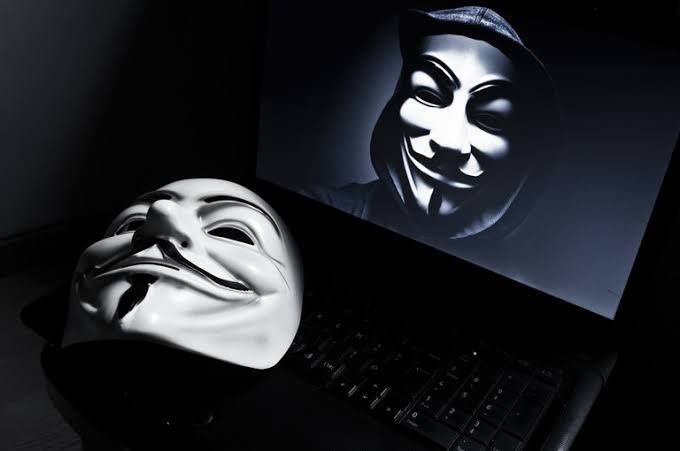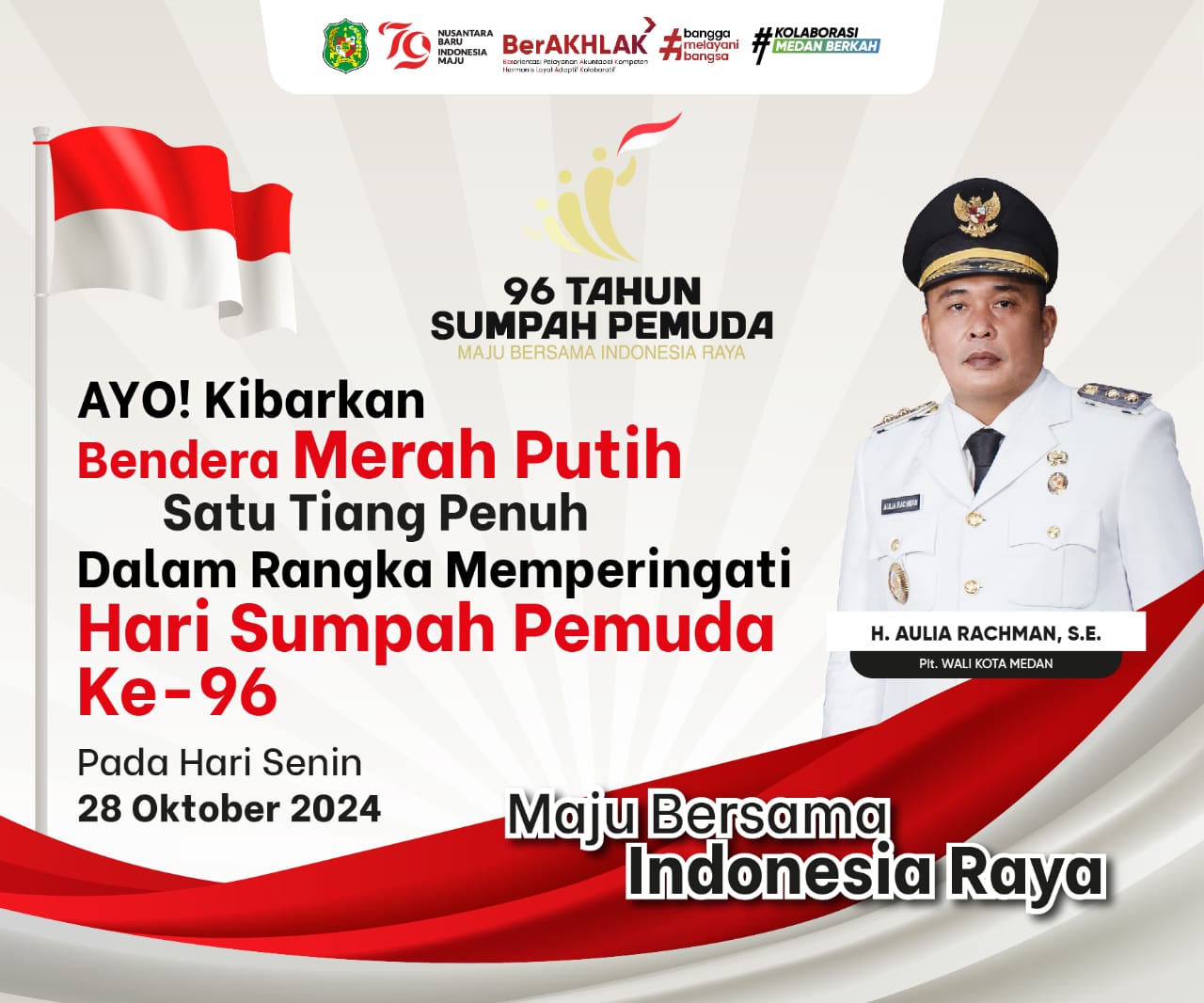
Global Cyber News.Com. -Jakarta. In the world of digital resistance, few names strike as much intrigue and curiosity as Anonymous.
This enigmatic, loosely associated international group of hacktivists has made headlines over the years for its high-profile cyber campaigns against governments, corporations, and even extremist organizations.
But who calls the shots in Anonymous? Is there a single mastermind behind their operations or is the group truly leaderless, as they claim? Let’s take a closer look at how Anonymous operates and explore whether leaders exist in such a decentralized movement.
Are there leaders in Anonymous or is it leaderless..??
Understanding Anonymous
Anonymous is not a traditional organization. It has no formal membership, no headquarters, and no set hierarchy. Instead, it is a collective-a loose band of activists and hackers united by shared ideals rather than formal structure.
The group is known for its signature Guy Fawkes mask, its use of online forums, and its operations which often involve Distributed Denial of Service (DDoS) attacks, data leaks, and digital protests.
The ideology of Anonymous revolves around freedom of information, resistance to censorship, and standing against perceived injustice. But because there’s no signup process or official roster, anyone can claim to be part of Anonymous-making it as inclusive as it is mysterious.
A Movement Without a Face
The concept of leaderlessness is central to Anonymous.
In fact, it’s one of the core reasons the group has been able to survive for so long, despite heavy scrutiny from governments and law enforcement agencies around the world.
When asked whether Anonymous has leaders, most insiders and observers would say: No, and that’s the point.
The lack of leadership means there’s no one to arrest, no single head to cut off.
This decentralized model allows the group to remain resilient, adapting to new challenges and regenerating quickly after setbacks.
Decisions within Anonymous are often made through consensus on online platforms like IRC (Internet Relay Chat), Discord, or more recently, decentralized platforms on the dark web. When a cause gains momentum and enough people within the community support it, an “operation” is born. For example, past operations have included OpISIS (against ISIS), OpIran (in support of Iranian protesters), and OpRussia (during the Ukraine war).
But Who Starts an Operation?
Here’s where things get interesting. While Anonymous claims to be leaderless, someone does start each campaign.
These initiators often post ideas on forums, create graphics and videos, and share plans. If others within the Anonymous ecosystem agree and join in, the operation grows.
So, while there are no formal “leaders,” there are certainly influencers or initiators-people who guide the momentum of a movement.
These individuals often stay anonymous themselves, but they shape the direction of certain operations by persuading others to join their cause.
Think of it like a flash mob. No one is in charge of the crowd, but someone has to start the music and suggest the dance.
Informal Leadership and Influence
Over time, certain individuals or groups within the Anonymous collective have earned a level of respect and trust from others.
These figures may have a history of successful operations or possess advanced technical skills.
As a result, their voices carry more weight in discussions.
One example is the subgroup known as LulzSec, which operated under the Anonymous banner for a while before branching out.
Though LulzSec was eventually brought down by law enforcement, it showed that informal factions could gain prominence within the broader movement.
But even these informal leaders avoid the spotlight.
The risk of identification and arrest is too high. And more importantly, the culture within Anonymous discourages hero-worship or central authority.
Those who appear to seek power or attention often find themselves ostracized or ignored.
Why Leaderlessness Matters
The absence of leadership is not just a feature of Anonymous it’s a safeguard.
With no single figure to pin crimes on, authorities struggle to dismantle the group. And since anyone can take up the banner of Anonymous, the movement can exist in multiple places at once, evolving with the internet itself.
This leaderless model also aligns with the group’s core values: freedom, autonomy, and decentralization. If someone tried to “lead” Anonymous in the traditional sense, they would likely be rejected by the wider community for violating those principles.
The idea is simple: Ideas lead Anonymous not people.
Criticism of the Leaderless Approach
Of course, this model has its drawbacks. Without clear leadership, Anonymous operations can sometimes be inconsistent or poorly coordinated.
It’s also difficult to verify whether a particular action truly represents the ideals of the collective.
Anyone can post a video with a Guy Fawkes mask and claim it’s from Anonymous, even if their goals are malicious or self-serving.
This has led to confusion, with fake operations or “false flag” campaigns tarnishing the group’s image. It also creates challenges when it comes to accountability. If an Anonymous operation causes unintended harm, there’s no clear way to address the fallout or offer an apology.
Conclusion: A Fluid, Leaderless Force
So, are there leaders in Anonymous? The honest answer is: not in the traditional sense. There are initiators, influencers, and respected voices but no official leaders, no hierarchy, and no central command.
This is by design. Anonymous thrives in its fluidity. It moves like a swarm: sometimes coordinated, sometimes chaotic, but always driven by shared ideals rather than rigid command.
This structure or lack thereof is what makes the group so fascinating, frustrating, and enduring in equal measure.
In the end, perhaps the real power of Anonymous lies not in leadership, but in collective action. In a world where power is often centralized and controlled, Anonymous represents something radically different: a reminder that anyone, anywhere, can take a stand, make a statement, and join a movement-without ever revealing their name. And that might just be the point.(One)
Red












